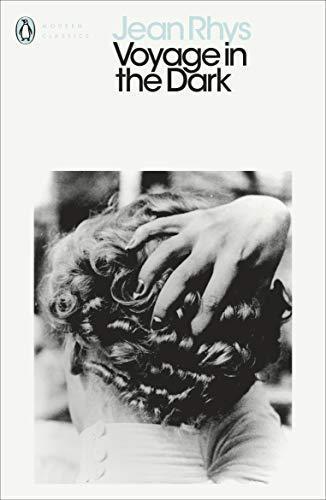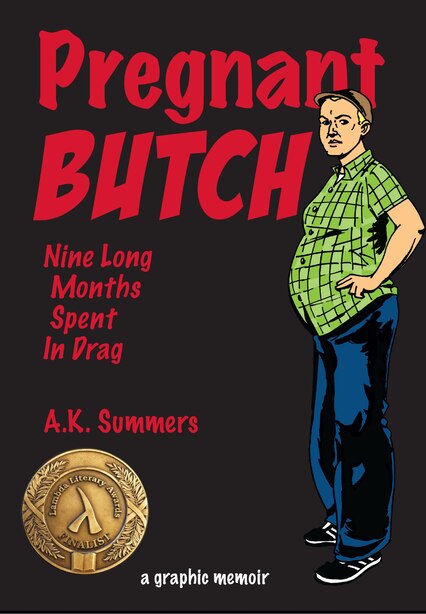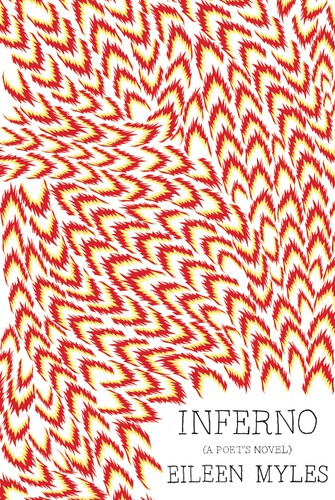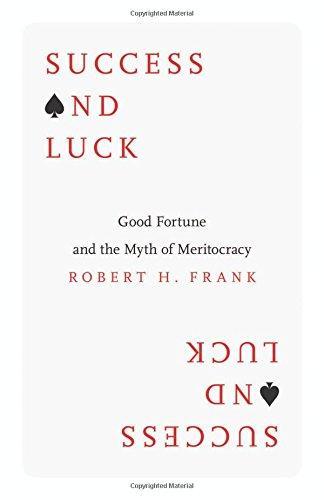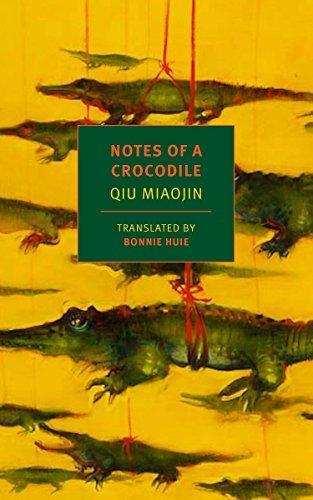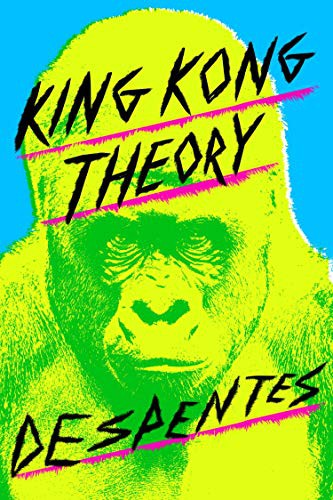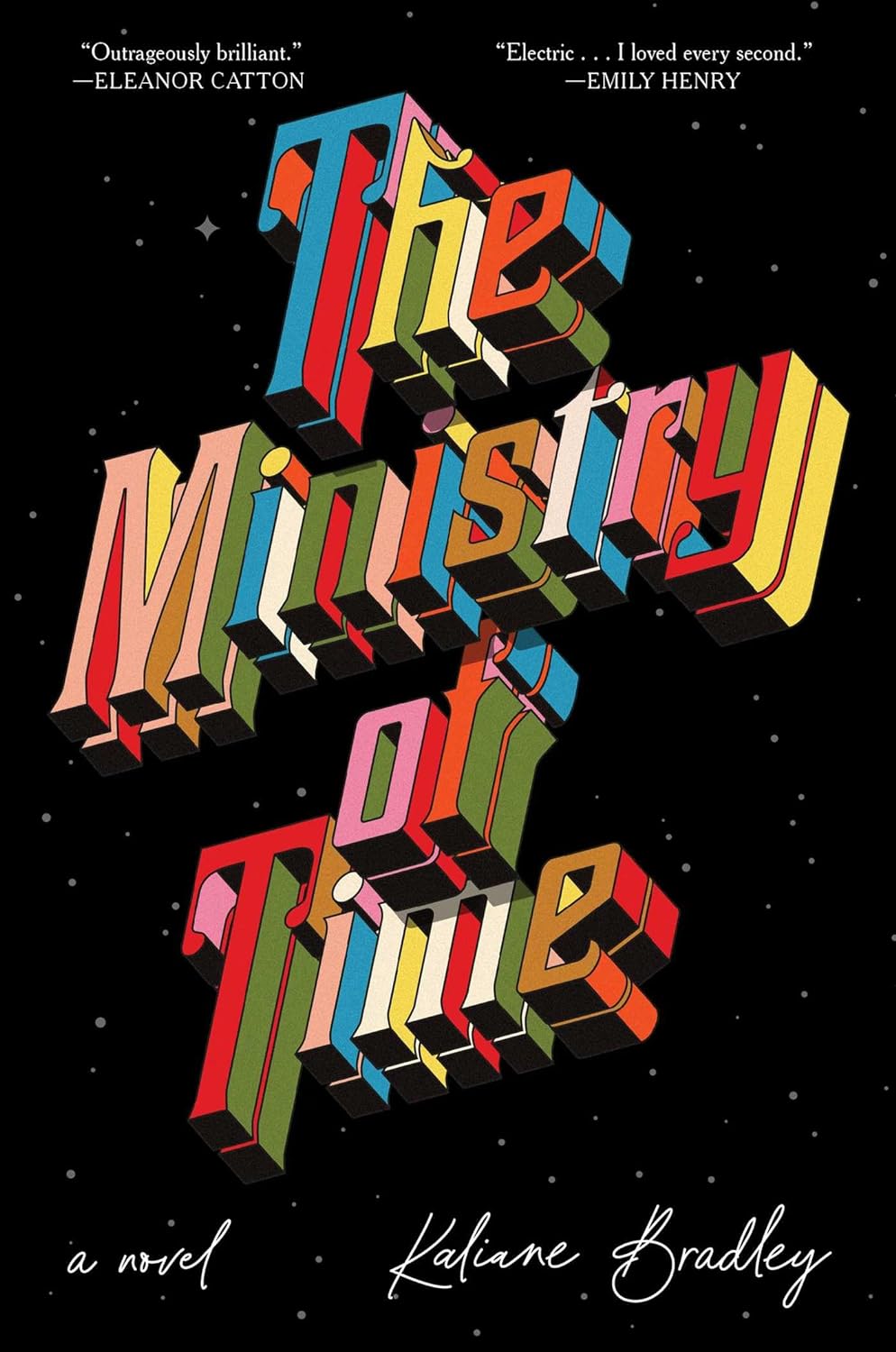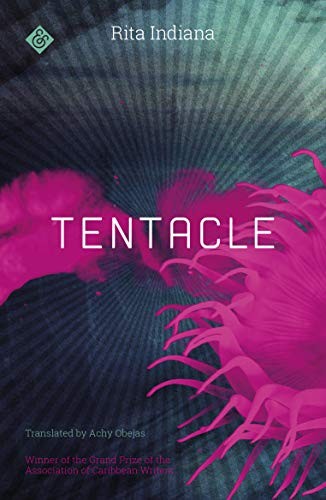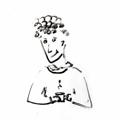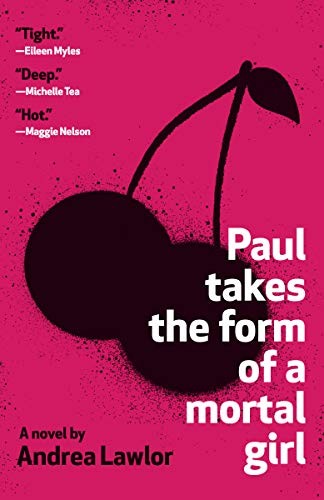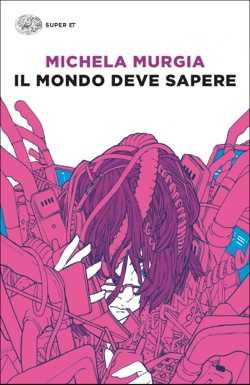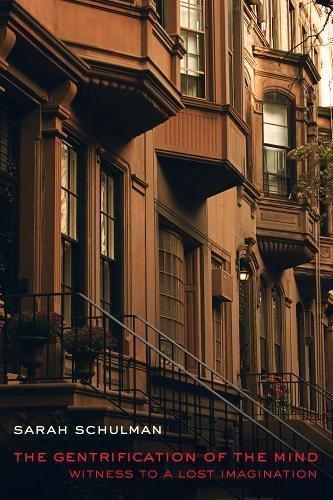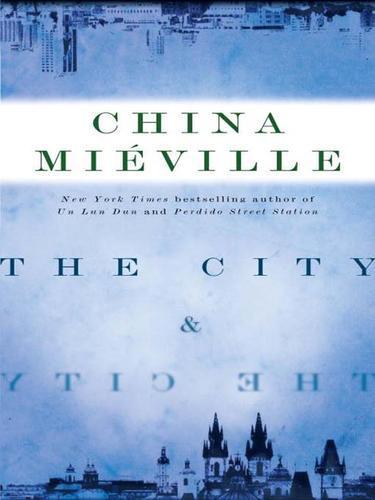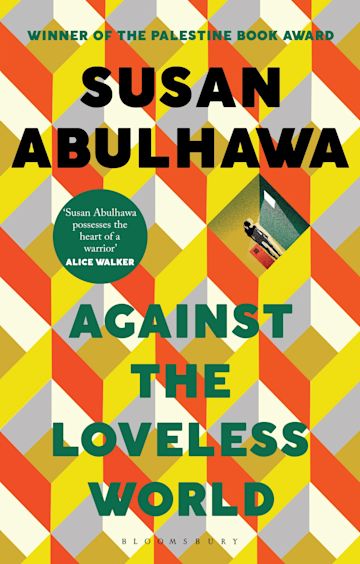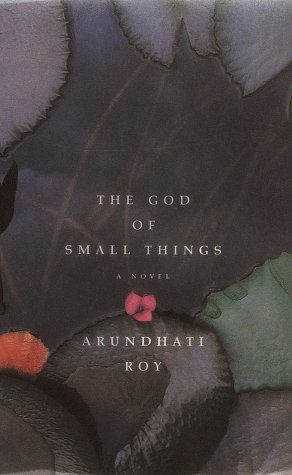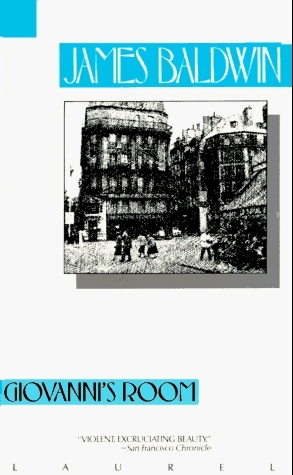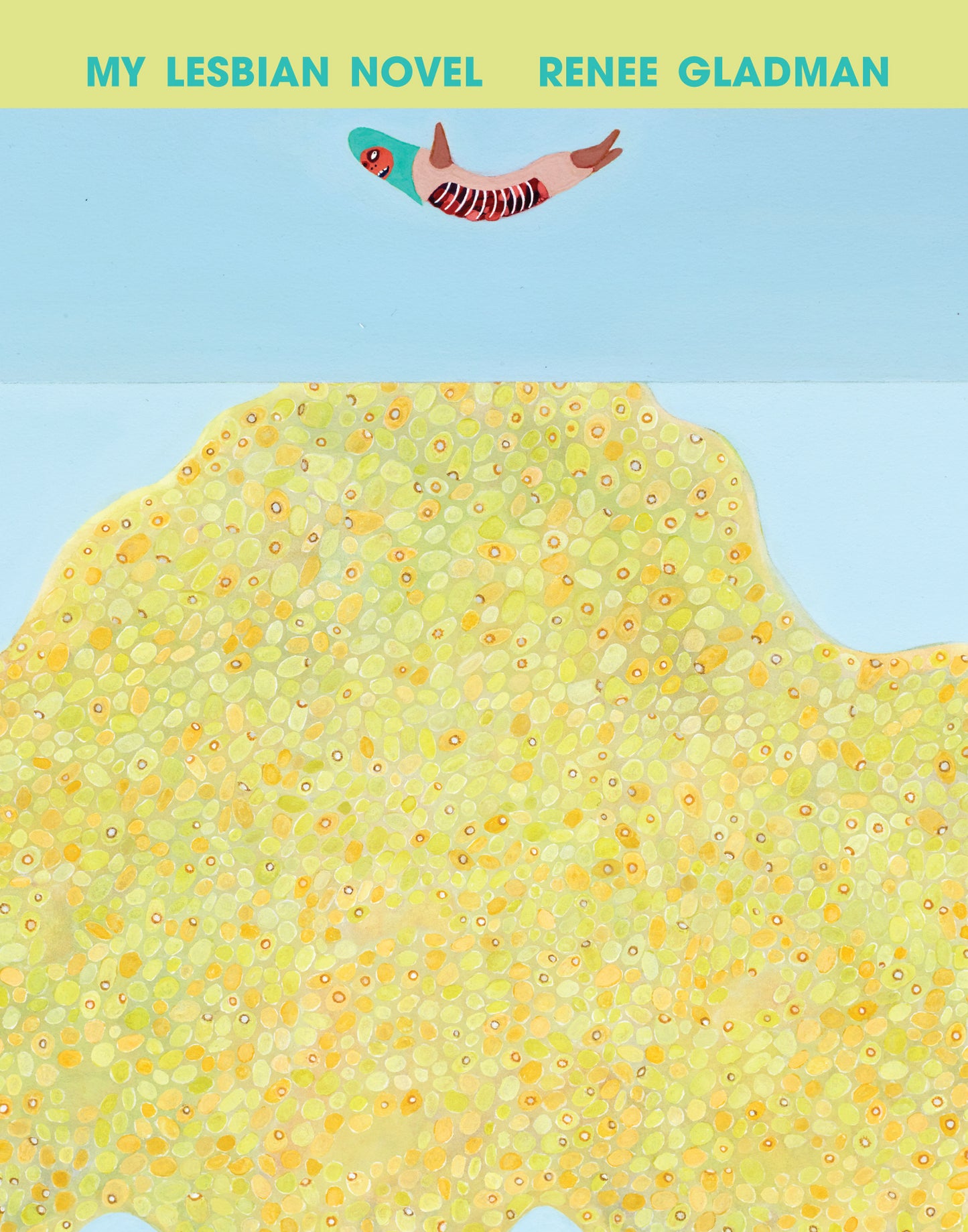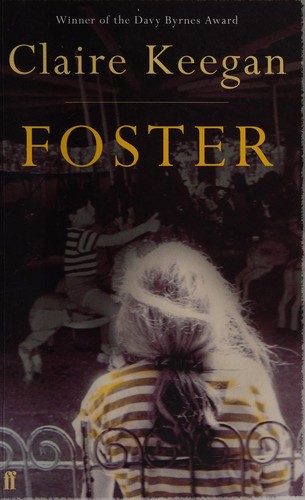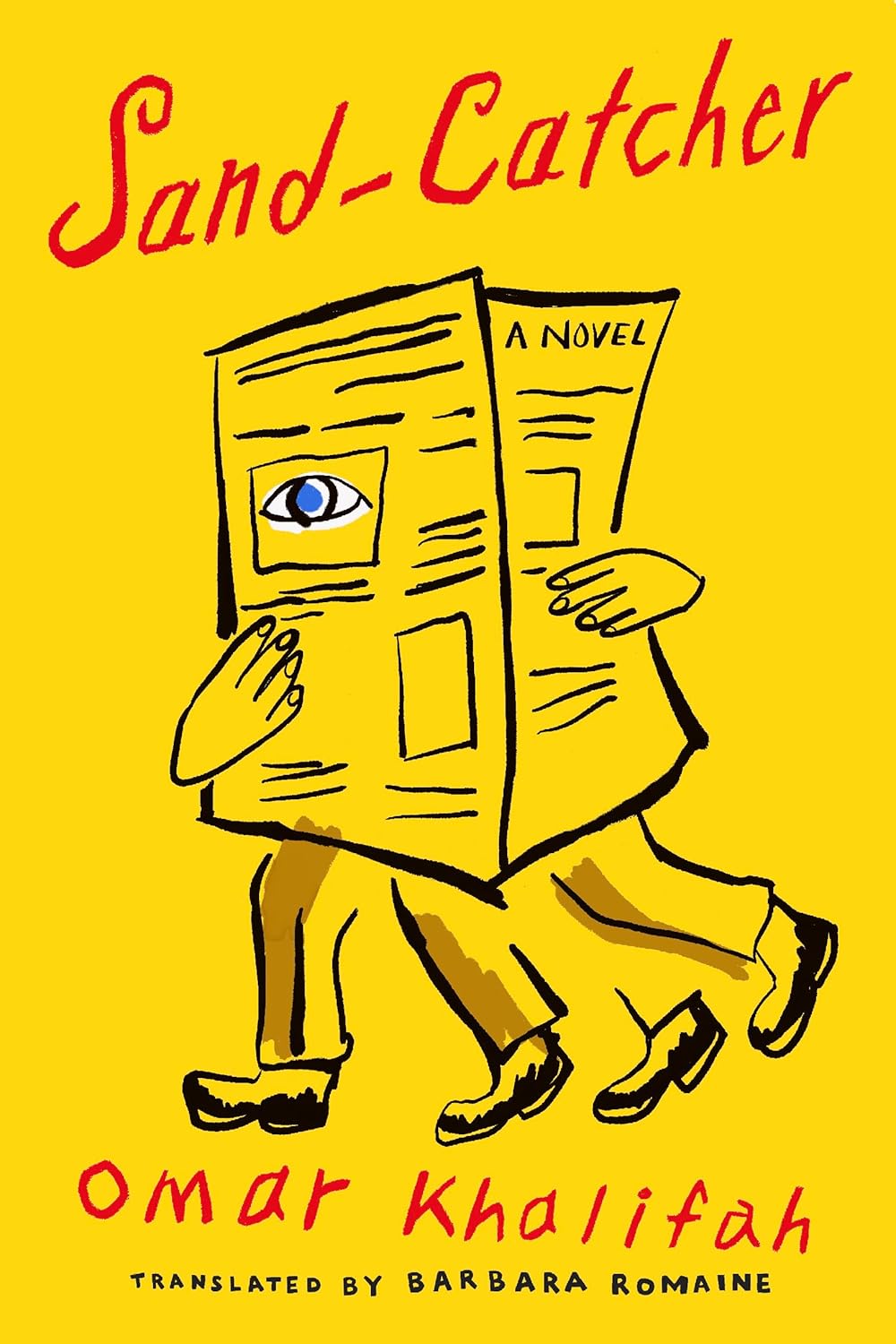The right book at the right time in the right place
5 stars
This was such a great holiday read, I loved it! I know many would understand 'Holiday read' to mean shallow, fun-but-devoid-of-literary-merits. Here, I use it to mean: joyful (though also heartbreaking at times), very queer and very, very horny, with loads of really well-written sex scenes.
It is sold as a queer-er, 1990s Orlando, and I would need to have read Orlando (on my list) to be able to comment on that. What I can say is that Paul is a careless gay boy, a ready-to-fall-in-love-so-hard dyke, a curious gender-queer person, constantly trying to have sex as a way to connect, have a fun, feel alive, deaden the pain, self-destruct, or just while the time away. They can be a sissy boy, a hunky gay man, a soft butch, or a feminine girl flirting with frat boys at parties. Sometimes it goes well, sometimes it goes horribly wrong. Mortality is …
This was such a great holiday read, I loved it! I know many would understand 'Holiday read' to mean shallow, fun-but-devoid-of-literary-merits. Here, I use it to mean: joyful (though also heartbreaking at times), very queer and very, very horny, with loads of really well-written sex scenes.
It is sold as a queer-er, 1990s Orlando, and I would need to have read Orlando (on my list) to be able to comment on that. What I can say is that Paul is a careless gay boy, a ready-to-fall-in-love-so-hard dyke, a curious gender-queer person, constantly trying to have sex as a way to connect, have a fun, feel alive, deaden the pain, self-destruct, or just while the time away. They can be a sissy boy, a hunky gay man, a soft butch, or a feminine girl flirting with frat boys at parties. Sometimes it goes well, sometimes it goes horribly wrong. Mortality is all around, as the AIDS crisis looms, and then hits. But there is no tragic ending for Paul, nor a happy one either, the book ends, but, I imagine, Paul just keeps at it.
